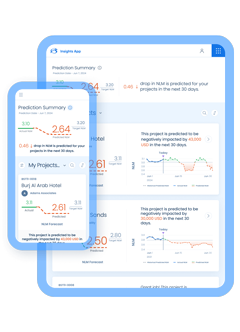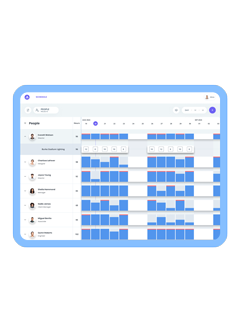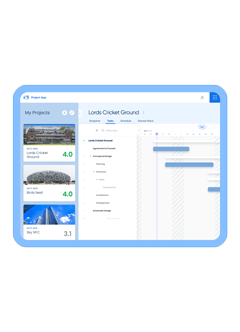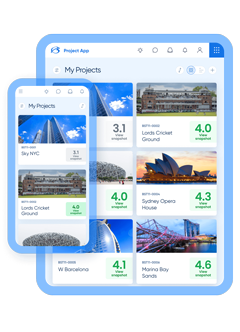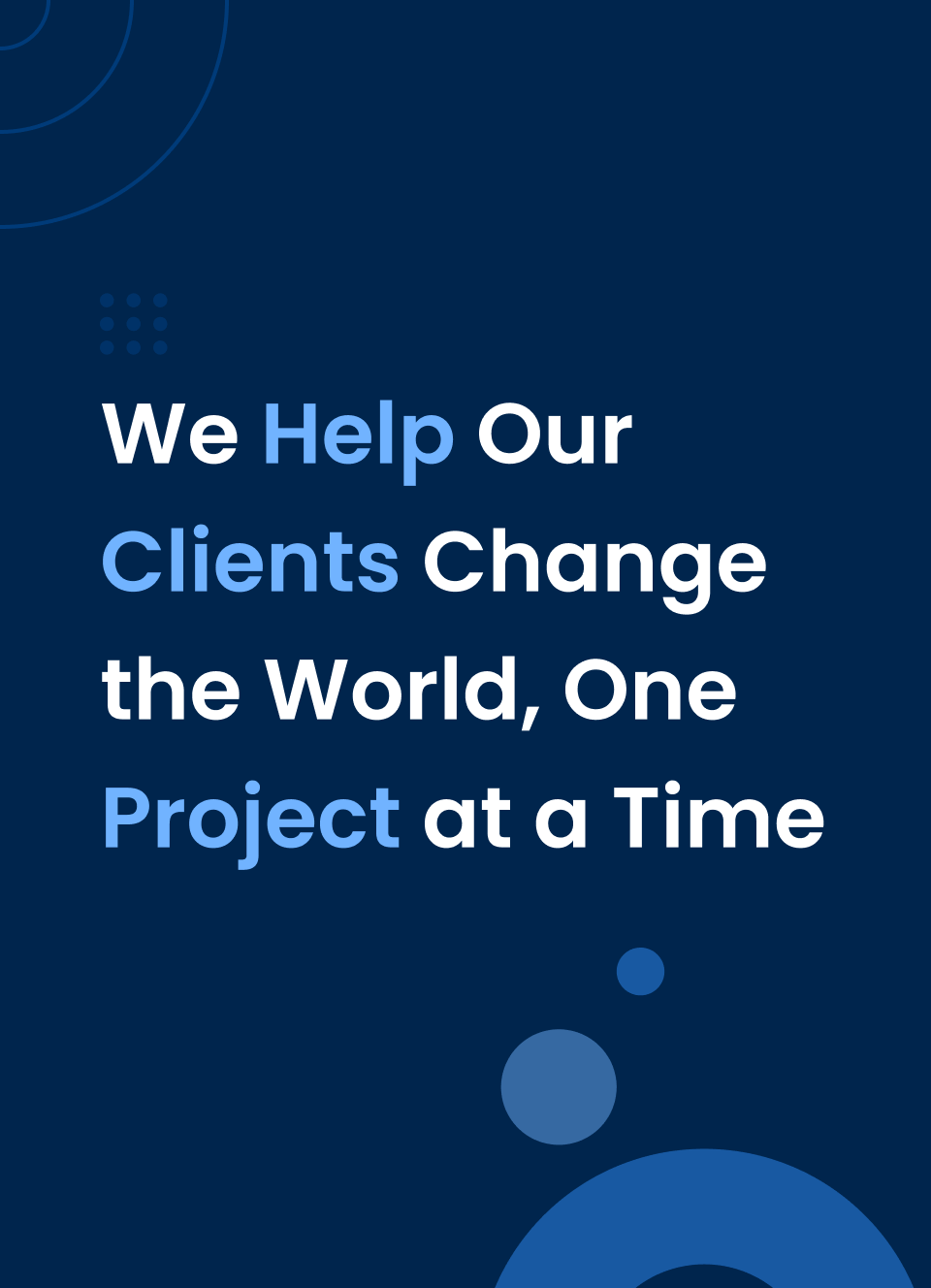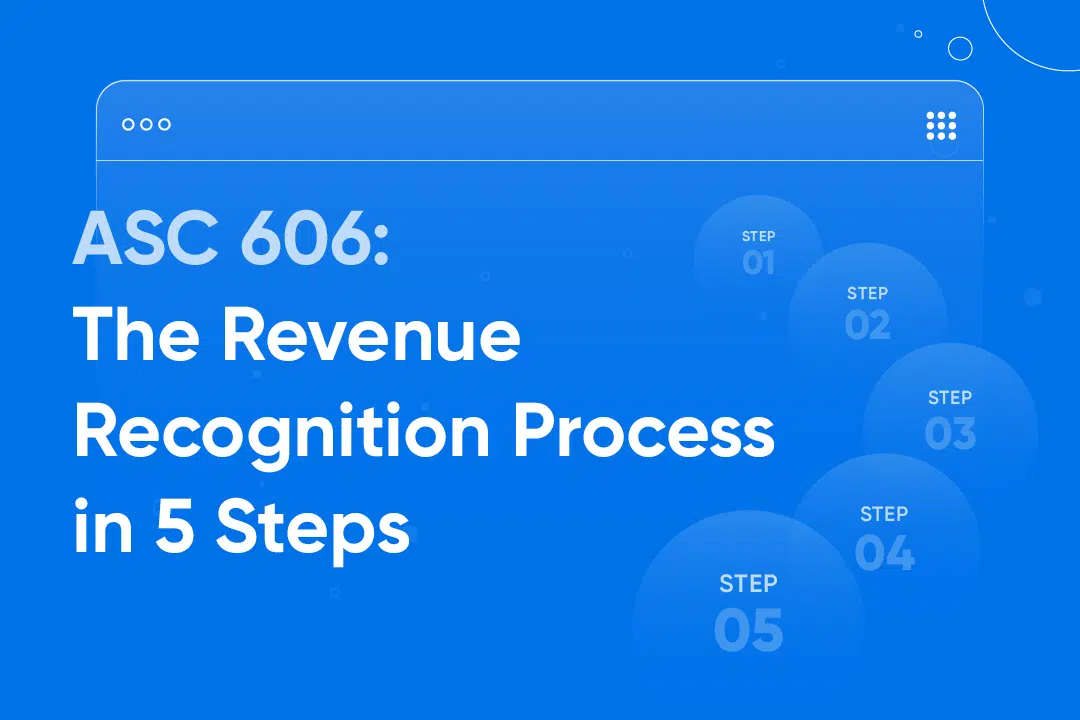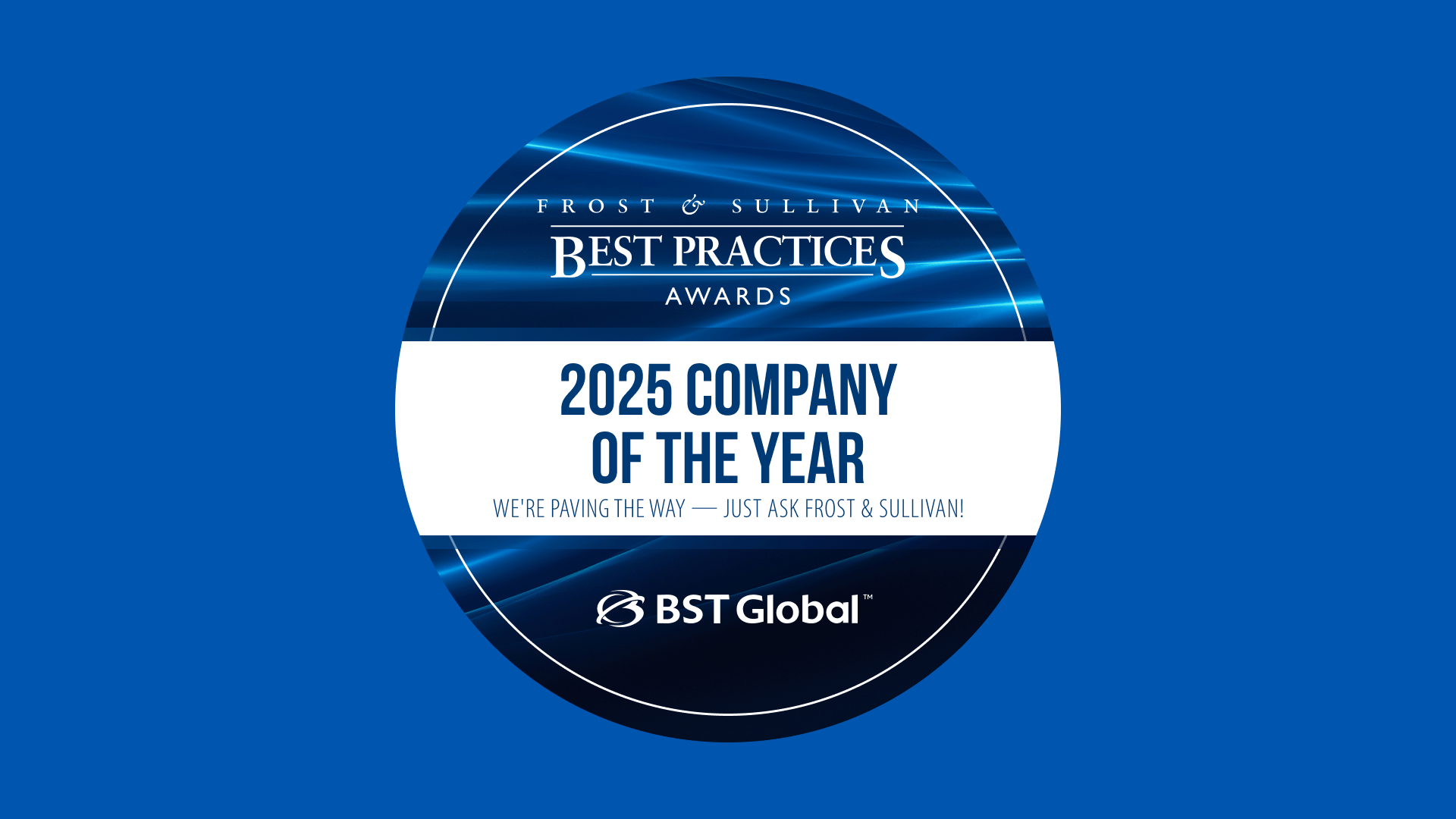
ERP software is crucial for many businesses in the AEC industry, as it can streamline processes and boost a firm’s overall productivity. Keep reading to see how we quantify productivity and how ERP systems help project teams achieve more.
What Is Employee Productivity in the AEC Industry?
At its simplest level, “employee productivity” measures how much value a single employee (or group of employees) produces in a given time. Once you’ve determined what’s most important to your firm and exactly how you’ll define “value,” you can quantify employee productivity over a given period.
In the AEC industry, each project comprises a wide variety of tasks, which are handled by different people throughout (and in some cases, outside of) the firm. Understanding at any given time which of these tasks should take priority, who should carry them out and what happens afterward is important for full employee productivity in an AEC firm.
Why Is Employee Productivity Important?
The obvious answer is that higher productivity boosts the firm’s bottom line. Higher output will naturally increase the profit margin, allowing for growth.
Additionally, employee productivity usually indicates that a firm maintains healthy relationships with its employees. Employees who feel valued by their firm are more productive. When employees are treated well, given the right tools and resources, and paid adequately, they are more willing to give their all at work.
What Is an ERP System & How Does It Boost Productivity?
Enterprise Resource Planning (ERP) software brings a firm’s project management, operational and accounting processes into one system. With everything in one place, your firm can keep various parts of daily business organized, integrated and moving forward, all while managing the most critical operations from an all-inclusive, bird’s-eye view.
When used optimally, ERP systems can boost productivity in AEC firms of all sizes. These software solutions increase individual and team efficiencies in the following ways:
- Identifying Sources of Waste
With all your ERP data in one place, you can more easily recognize areas where your firm is overspending (both time and money). This will help trim extraneous projects and expenditures that eat away at your bottom line. - Minimizing Security Threats
ERP software keeps your firm’s data safe and secure, and allows for the restriction of sensitive information to be accessed by authorized individuals only. This keeps your data housed in a central area while preventing the system from becoming exposed to malware, hackers and other security threats. - Eliminating Duplicate Data
AEC firms deal with tons of siloed information from various sources, some of which may be redundant or contradictory. Without a central system to handle that data, it can be extraordinarily time-consuming and labor-intensive to collect, process and understand it all manually. A quality ERP solution allows you to compare information in seconds, so you can make more informed decisions. - Bridging Information Gaps
With a centralized ERP solution, your firm can keep all teams and departments up to speed on the latest project details, ensuring that nothing falls through the cracks. - Streamlining the Onboarding Process
Well-integrated ERP systems streamline the onboarding of new employees. When processes are well-planned and well-articulated, they are easier to learn and master. - Optimizing Employees’ Time Through Automation
Physical paperwork is messy, tedious and challenging to keep organized. Even digitized documents are difficult to manage without the appropriate framework to organize and integrate the various data sources.An ERP system allows AEC firms to put that data to work, automating tedious processes that get in the way of more productive activities. ERP software gives your team more time to complete the tasks they are truly passionate about.
- Simplifying & Improving Internal Communication & Collaboration
Without an ERP, AEC firms might have a scattered mess of spreadsheets, PDFs and other documents — some duplicated and some missing critical information — siloed in different departments of the firm. It’s difficult to know who, if anyone, has the relevant information you’re looking for.An ERP puts everyone on the same page, giving project access to whoever needs it and is authorized to have it. All necessary parties can see the project data they need to do their job and collaborate with teammates, which greatly improves workflow.
- Empowering Employees to Make Informed Decisions
When your team has access to the information they need, they are more empowered to do their work. With broader accessibility to relevant project data, managers are no longer gatekeepers of that information, and employees can process the crucial elements of their tasks without wasting time hunting it down. This increases employee and management productivity, as all parties can focus on what they do best. - Integrating With Other Software Already in Place
Quality ERPs not only gather important information in one place, but they also integrate with your existing investments. A great ERP solution allows you to hook in with other crucial software solutions your firm relies on, supporting and enhancing the infrastructure you’ve already built. - Improving Reporting Capabilities
With all angles of your project data receiving constant and accurate monitoring, you can generate or view reports about any stats or KPI you need based on data from across the organization. Employees can generate reports for teammates and clients to quickly get the point across and make a more compelling discussion. - Reducing Human Error With Data & Accounting
In addition to automated procedures and smart processes that get the job done right in the first place, a good ERP has protections and fail-safes in place to ensure that honest mistakes are less severe. While staying vigilant is still necessary, an ERP solution will serve as a safety net, giving your firm more peace of mind. - Improving Efficiency of Information & Project Management
ERP software makes employees more efficient because it changes how they interact with information and projects. By setting up key data, essential documents and project management protocols in a logical and intuitive ERP system, you can improve your firm’s workflow for faster and more thorough results. - Satisfying More Clients Through Smoother Processes
Smoother processes, cleared of busy work, means that your projects get finished sooner and more precisely than they otherwise would. This frees up time to work on other projects, allowing you to serve more clients and continue to build up your reputation as an AEC firm. - Producing Positive ROI
As your firm’s workflow becomes more streamlined with an ERP system, you’ll be able to produce more value from the same amount of effort. Since less time and energy are needed for positive results, ERP software is a great way to increase your firm’s revenue, keeping ROI at the max.
Speak to the ERP Software Professionals
BST Global specializes in project-based ERP systems specifically for AEC firms. Our cloud-based solutions allow professionals in some of the top architecture, engineering and consulting firms around the world to collaborate more efficiently for the best possible results.
Speak with our ERP solution professionals to find out if our ERP is the right solution for your AEC firm.
